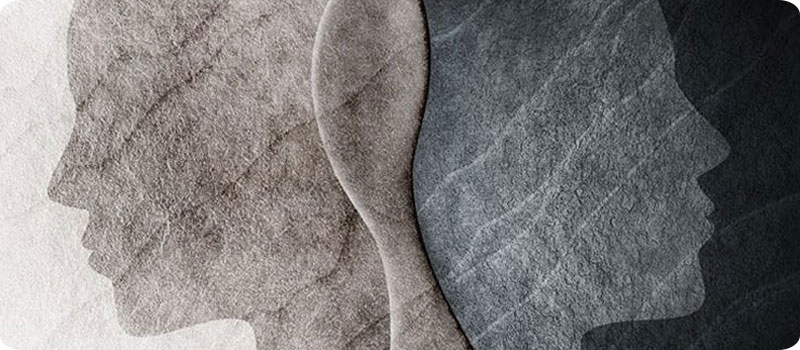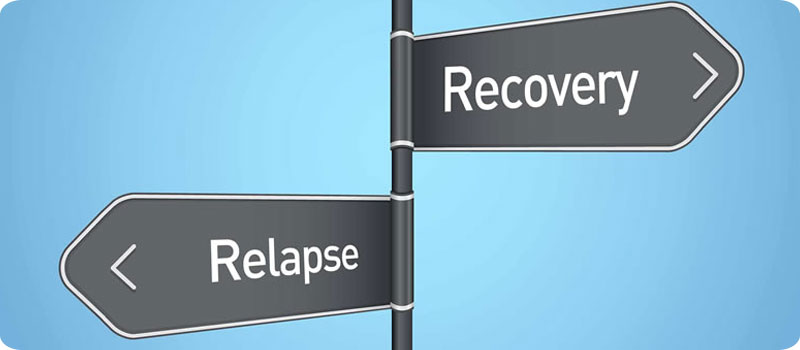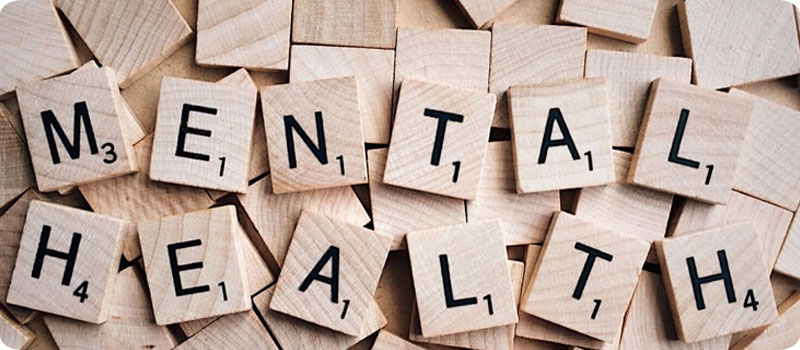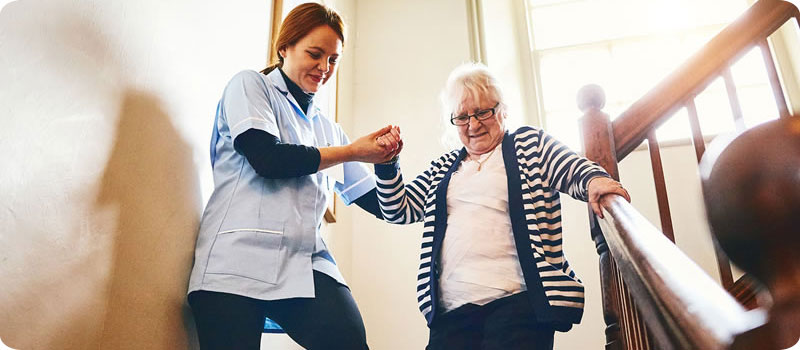-
A digital prescription for the pharma industry
- January 22, 2022
- Posted by: admin
- Category: Business plans
52 Comments
Supported by a robust sales force and tight cost controls, Pharm Ltd. experienced sustained double-digit growth over a number of years, only to find that their supply chain struggled to keep pace. In particular, the initial state of the company’s sales.
Community Volunteering
At Community Direct LLC, we let our residents volunteer to help run groups, help individuals with their discharge plans, or help individuals find community supports, and more. Volunteering is a rewarding way to give back to those who are currently struggling. Volunteering is a long-term commitment. Volunteers set their own schedules and can be as little as twice a month or daily. Volunteers can be those with mental health or substance abuse concerns but are in recovery but especially those individuals who have a passion for helping others.
